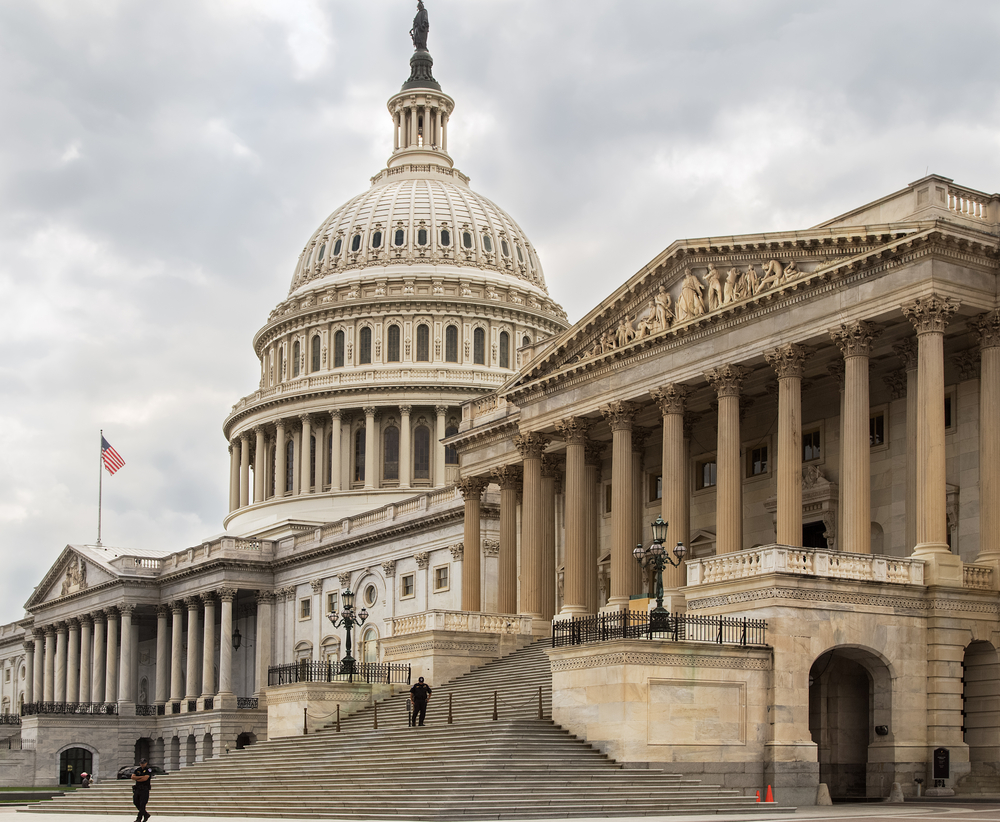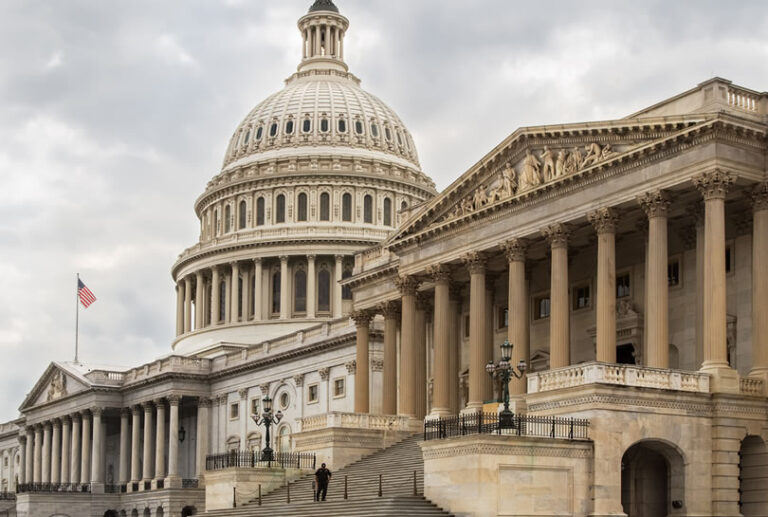Dec. 7, 2020 – President-elect Joe Biden announced on Dec. 7 his plans for filling key public health positions, including nominations for California Attorney General Xavier Becerra to be the next secretary of Health and Human Services and Dr. Rochelle Walensky, currently an infectious disease specialist at Massachusetts General Hospital, to become director of the Centers for Disease Control and Prevention.
These nominations will serve Biden’s top priority to gain better control of the COVID-19 pandemic, which has pushed other priorities, such as drug pricing, farther down the list, according to Kate Rawson, senior editor, Prevision Policy, who spoke at a recent Coalition for Healthcare Communication webinar, “Healthcare Policy in a Post-Trump World.”
“Two years ago, all people could talk about was drug pricing,” she said, but the pandemic has changed that narrative, with Biden focusing on COVID-19 pandemic response and preparedness while also juggling other priorities, which include:
- An economic stimulus plan (likely with COVID-related provisions);
- A “Build Back Better” infrastructure plan (“It won’t be the Green New Deal that some of the progressives would like to see,” Rawson noted, “but certainly re-entering the Paris Climate Agreement is the first step” in the process); and
- Shoring up the Affordable Care Act (ACA), should it survive its second round in the U.S. Supreme Court.
The make-up of the Senate could have a significant impact on how much Biden might be able to expand the ACA. First, the Supreme Court will decide whether the ACA is unconstitutional without the individual mandate in place, a decision that should come down in early 2021, Rawson predicted, noting that “based on oral arguments, it appears that Chief Justice John Roberts and Justice Brett Kavanaugh are ready to side with the three more liberal justices on the court.”
Biden said on the campaign trail that he wanted to “expand the ACA with a public option that could compete against the private plans, increase the subsidies to participate or allow Medicare expansion to age 60,” Rawson remarked, but a decision in favor of retaining the ACA in some form would not allow for new provisions if Republicans continue to have the majority in the Senate following the Jan. 5 Georgia run-off race, because the Democrats in the Senate would not have the votes, she said.
“Even if the Democrats should squeak out a 50-50 tie in the Senate, it is really unlikely that any tune-ups to the ACA will happen,” according to Rawson. “You have to remember that there are a lot of moderate and conservative Democrats that would have to sign on with progressives to get anything through.”
Rawson stated that a Republican-controlled Senate could see Sen. Richard Burr (N.C.) taking the reins of the Senate Health, Education, Labor and Pensions (HELP) Committee, but if an ongoing ethics investigation into Burr complicated that, Sen. Rand Paul (Ky.) would be next in line for that position. This would be a “worst-case scenario” for the pharmaceuticals industry, because Rand “takes a libertarian approach to FDA issues.”
A Democrat-controlled Senate could see Sen. Patty Murray (Wash.) at the helm of the Senate HELP Committee, but if she takes another position within the Senate, Sen. Bernie Sanders (Vt.) would be next in line for that slot, another dicey scenario for the pharma industry, considering Sanders’ positions on drug pricing, Rawson said.
The Senate Finance Committee under Republican control likely would place Sen. Mike Crapo (Idaho) in the leadership role vacated by Sen. Chuck Grassley (Iowa), who is moving to the Senate Judiciary Committee. Crapo is “not as interested in drug pricing issues,” Rawson said. Under Democratic control, Sen. Ron Wyden (Ore.) as the chair of the committee would have a much more aggressive stance on drug pricing reform, she noted.
“Some sort of compromise legislation is possible; you could meld some of the elements of [the House’s] HR 3 with some elements in the Senate Finance Committee legislation, such as a Medicare Part D redesign,” Rawson stated, commenting that such a move “would make everyone look good.” But with Grassley leaving, “it may not be a hot topic for that committee,” she said. “It will be interesting to see what happens there.”
Although Rawson explained that she had not heard anything specifically about the oft-mentioned elimination of the direct-to-consumer advertising tax deduction, she said that “it’s always a threat,” especially as the federal government racks up big spending bills.
So far, there is no definitive word from the incoming Biden administration about who will be nominated to serve as Commissioner of the FDA or as Administrator of the Centers for Medicare and Medicaid Services.
Click here to view Rawson’s slides. To register for the Coalition’s next webinar, “What’s Next for the FDA in the Biden Administration,” to be held from 12 p.m.-1 p.m. on Dec. 16, and featuring the insights of Nancy Bradish Myers, president of Catalyst Healthcare Consulting, click here.




